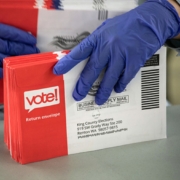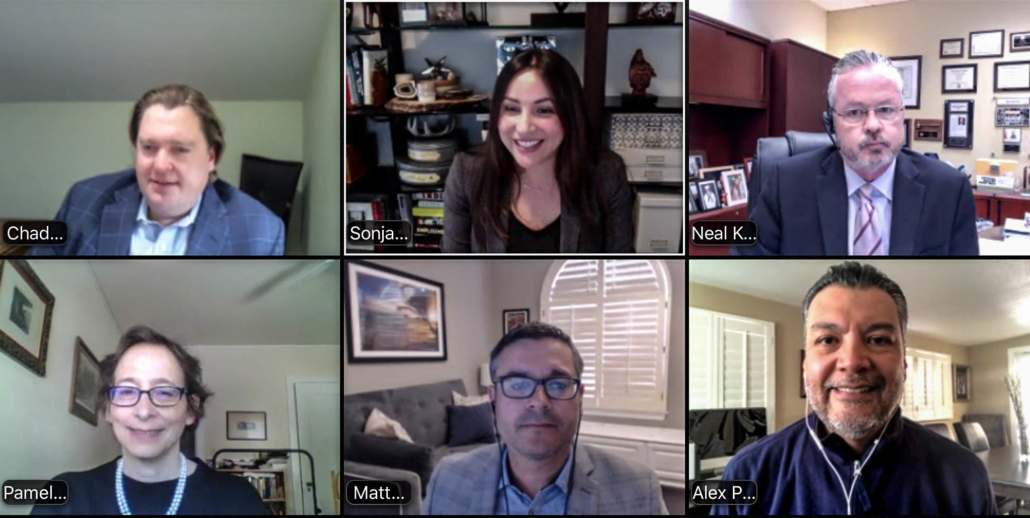New UCLA LPPI Staff Bring Insights and Accountability to Policymaking Ahead of the 2022 Midterm Elections
By Mirian Palacios Cruz
With the 2022 midterm elections nearing, the UCLA Latino Policy and Politics Institute (UCLA LPPI) has been making it clear that candidates must prioritize the needs of Latino voters and other communities of color. As Latinos are one of the key voting blocs capable of deciding election outcomes, it is important that parties engage this growing electorate with policy proposals that center their wellbeing. However, engagement must not end once election season is over. UCLA LPPI’s growing team of research and policy analysts are leading the way in holding lawmakers and change agents accountable to Latino communities for the next two years and beyond.

Jie Zong
During elections, Latino outreach is sometimes overlooked on the grounds that there is not enough data available to describe Latinos’ electoral patterns. To address this gap, UCLA LPPI is launching the U.S. Latino Data Hub led by the institute’s new Senior Research Analyst Jie Zong. As a public multi-issue repository of digestible, reliable and actionable information on Latinos and other groups, the Latino Data Hub will be accessible to elected officials seeking to better understand the constituents they are serving.
“Focusing on 10 critical issue areas – including demography, economic opportunity and mobility, education, health coverage, housing and voting rights –, the Latino Data Hub will equip policymakers with the insights necessary to design and promote policies that improve the lives of Latinos and communities of color,” Zong explained.
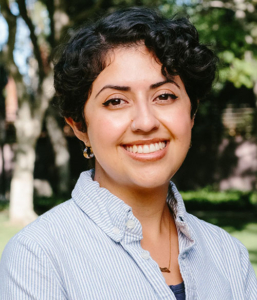
Rosario Majano
The data hub’s focus on economic mobility is helping inform the work of Rosario Majano, a new Research Analyst at UCLA LPPI who is studying the impact of the pandemic on Latino entrepreneurship. As part of a joint small business research initiative between UCLA LPPI and the UCLA Center for Neighborhood Knowledge, Majano’s team will also address the resources communities of color will need as they grapple with the transition to a low-carbon economy. In the context of rising economic uncertainty and the passage of the Inflation Reduction and Recovery Act, Majano said that this project will help UCLA LPPI understand the policy implications on Latino businesses as well as other businesses within historically underserved communities.
“By evaluating the obstacles Latino entrepreneurs face to accessing capital and technology – as well as assessing their engagement in environmental sustainability practices –, we can better understand the landscape of issues directly affecting small businesses and consequently gain a glimpse into the political concerns of small business owners,” said Majano.
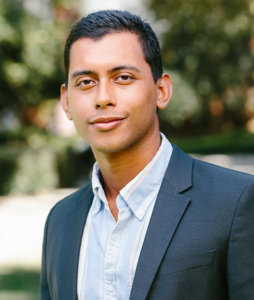
Cesar Montoya
In addition to applied research, UCLA LPPI understands the key role that the news media plays in shaping policy debates – which too often leaves out the voices of Latinos. Cesar Montoya, who recently joined UCLA LPPI as a Senior Policy Analyst, is leading an initiative with the Los Angeles Times to increase the visibility of Latinos in public narratives. Through translating academic research into stories that spotlight Latinos’ concerns and contributions, this partnership seeks to expand decision makers’ perception of the American identity.
“By uplifting Latino voices in the media and civic processes, we can work together to bring all communities to key decision-making tables to create a more equitable future,” Montoya noted.
The outcome of the 2022 midterm elections will indicate how much advancement has been made in the last two years to transform Latino political inclusion and representation. Above all, elected officials and political parties have a responsibility to recognize that Latino engagement requires more than investment – it requires leveraging data analysis and a commitment to bolstering public narratives that reflect the impact and contributions of the nation’s growing Latino communities.

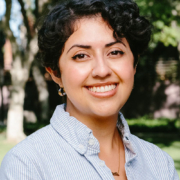
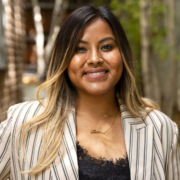
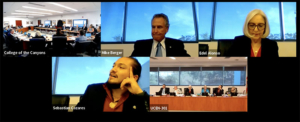
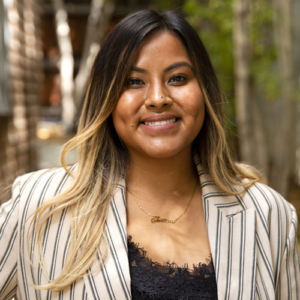
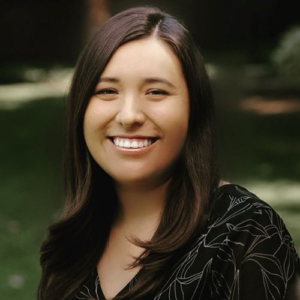
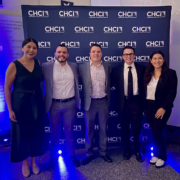
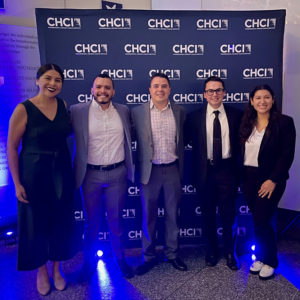


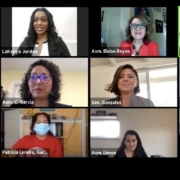
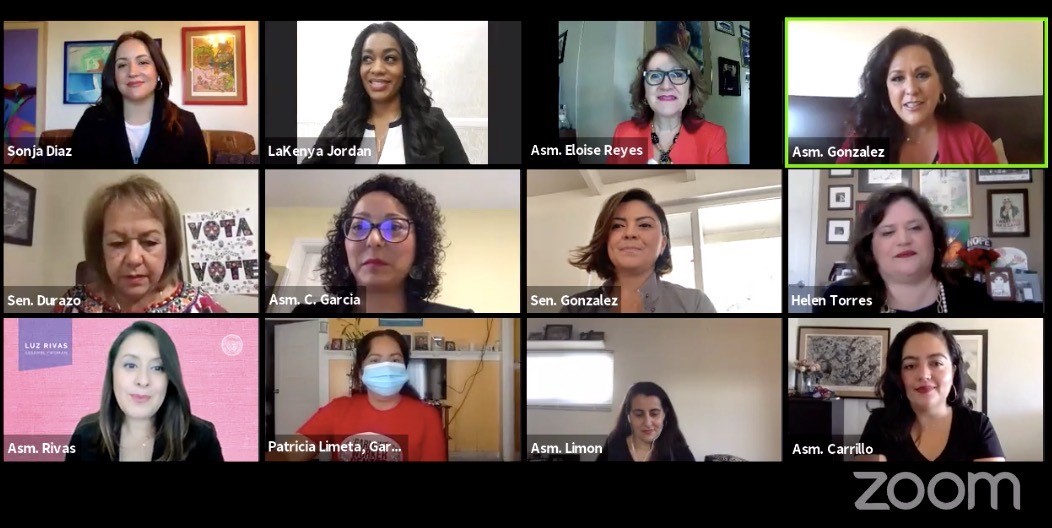
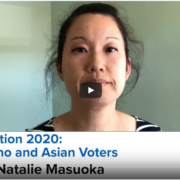
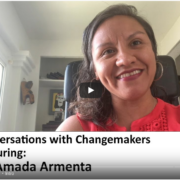
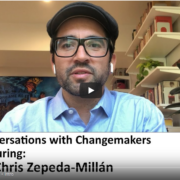
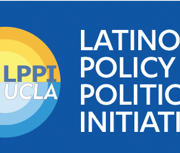
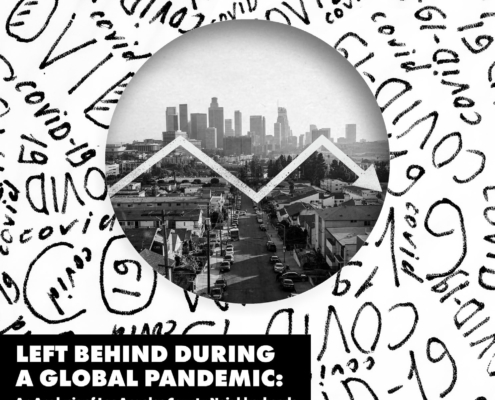 UCLA’s
UCLA’s 